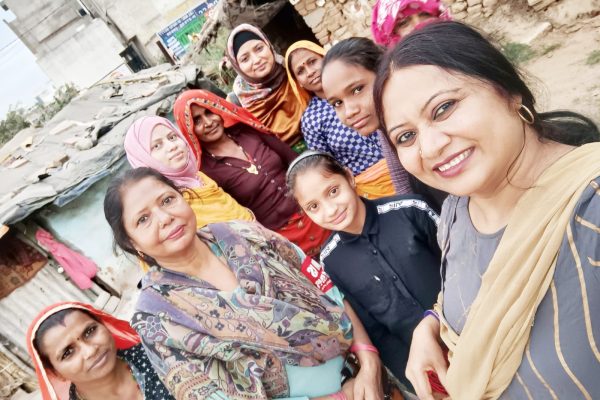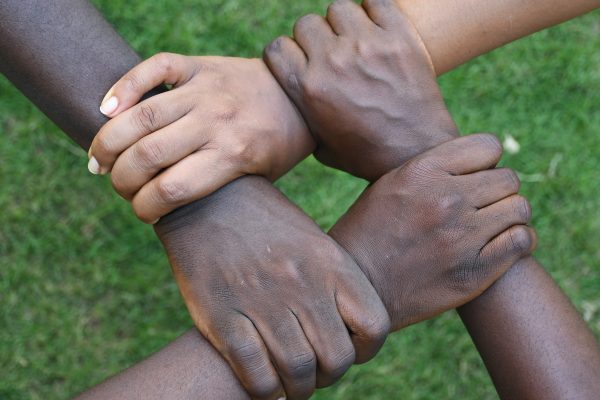Domestic violence, an insidious force that can shatter lives behind closed doors, transcends boundaries of age, gender, and socioeconomic status. It’s a dark reality that demands our attention and collective effort to dismantle. In this exploration, we delve into the intricacies of domestic violence, how to identify its presence, steps to reach out for help, and shed light on initiatives undertaken by Who is Hussain to combat this pressing issue.
Understanding Domestic Violence
At its core, domestic violence is a pattern of abusive behaviours used by one partner to maintain power and control over another in an intimate relationship. This extends beyond physical violence to encompass emotional, psychological, and financial abuse. The scars left by domestic violence are not always visible, making it a particularly challenging issue to address.
Identifying Abuse: The Silent Screams
Recognising the signs of abuse is crucial for intervention. Physical injuries may be the most apparent manifestation, but domestic violence often thrives in subtler forms. Constant criticism, controlling behaviour, and isolation from friends and family are red flags that should not be dismissed. Trusting one’s instincts and acknowledging that something is wrong is the first step toward breaking the cycle.
Understanding the dynamics of abuse is essential. It’s not confined to any particular demographic or relationship type. It occurs in marriages, partnerships, and familial relationships. Victims can be anyone, regardless of age, gender, or socioeconomic status.
Reaching Out for Help: A Lifeline in Silence
Breaking the silence is the most challenging yet empowering step for survivors. It requires courage to speak out against the fear and shame that often accompany abuse. Friends, family, and professionals can offer support and guidance, providing a lifeline to those trapped in the cycle of violence.
National helplines and local shelters are invaluable resources. They provide confidential assistance, offering a safe space for survivors to share their experiences and explore options without judgment. Seeking help is not a sign of weakness but a testament to the strength it takes to break free from the chains of abuse.
Navigating Narcissistic Behaviours: Unveiling Another Layer
In the intricate tapestry of domestic violence, understanding narcissistic behaviours is a crucial layer that often contributes to the cycle of abuse. Narcissistic traits involve an inflated sense of self-importance, a constant need for admiration, and a lack of empathy. When these traits manifest in a relationship, they can escalate to emotionally manipulative and controlling behaviours, exacerbating the impact on the victim.
Identifying Narcissistic Behaviours
Recognising narcissistic behaviours within a relationship is vital for intervention. These behaviours often include manipulation, gaslighting, and a relentless pursuit of control. The narcissistic partner may diminish the victim’s self-worth, create a dependency on their approval, and isolate them from external support systems.
The Silent Screams of Narcissistic Abuse
While not all abusers exhibit narcissistic traits, the overlap between narcissism and domestic violence can create a toxic and highly damaging environment. Victims may find themselves trapped in a cycle of emotional abuse, where the abuser’s need for control takes precedence over the well-being of the victim.
Reaching Out for Help in Narcissistic Abuse
Survivors of narcissistic abuse face unique challenges in breaking free from the shackles of control. Reaching out for help becomes a delicate process, as the manipulative tactics employed by narcissists can instil a deep-seated fear of judgment and reprisal. In these cases, support networks become even more critical. Friends, family, and professionals must be attuned to the intricacies of narcissistic abuse, providing tailored assistance to empower survivors.
Initiatives for Change: Who is Hussain’s Impact
Who is Hussain supports survivors through various channels. Collaborations with local shelters, such as the Nur Center in Miami, Florida, the team ensure that survivors have access to the resources they need to rebuild their lives. Through establishing the Hussain ibn Ali Sanctuary in Dallas, Texas, the local team provide a safe environment for elder women who were victims of domestic violence, creating an atmosphere where survivors feel supported rather than isolated. In Michigan the team raise funds to support survivors by providing safe accommodation and offering resources to help them reclaim their lives. By fostering a supportive environment, they empower survivors to step forward and seek assistance without fear of judgment.
Making a Difference: Collective Responsibility and Breaking the Narcissistic Cycle
Combating domestic violence requires a collective effort. This year, the UN is marking the International Day for the Elimination of Violence against Women on 25 November with a 16-Day campaign, for all to get involved. Furthermore, cases of narcissistic abuse require a collective commitment to dismantling the power dynamics that enable it. Initiatives like those undertaken by Who is Hussain highlight the importance of societal awareness and support in breaking the cycle of domestic violence and the narcissistic behaviours intertwined within it. By fostering a culture that does not tolerate domestic violence, we can create a world where victims find solace and strength in solidarity. Collective responsibility becomes a powerful tool in dismantling the toxic patterns that perpetuate abuse.
Empowering Survivors: A Holistic Approach
In conclusion, domestic violence is a pervasive issue that demands our attention and action. Additionally, recognising and addressing narcissistic behaviours within the context of domestic violence is essential for comprehensive intervention. By understanding its dynamics, recognising the signs, and reaching out for help, we can break the chains of abuse. As we work towards a world free from the shadows of abuse, initiatives like those led by Who is Hussain exemplify the impact that collective efforts can have in creating a world free from the shadows of domestic violence and showcase the importance of tailored support in empowering survivors, irrespective of the complex dynamics at play.




